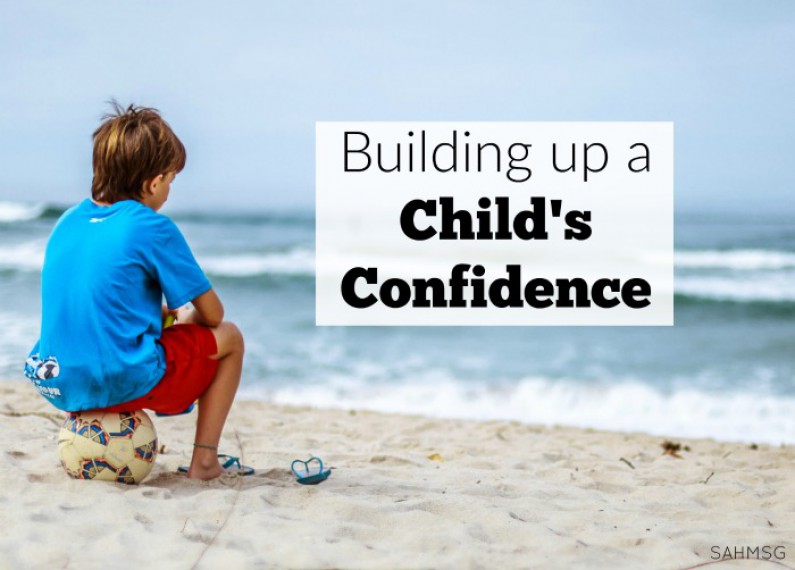Restoring learner confidence

When a child’s self-belief and confidence decline, progress at school can quickly enter a downward spiral. You may notice your child starts to talk negatively about their teacher or a particular subject. They may seem constantly confused about homework or become frustrated and angry when working on it. Sometimes a child will carefully hide the problem, to avoid upsetting the family, then one day it just becomes too much and you find them in floods of tears, refusing to go back to school.
Feeling unprepared
In our experience, things often come to a head when a child is facing a change of level or school. They may have been able to maintain a brave face in a safe and familiar environment, but the thought of not being ready or ‘good enough’ to move on to middle-school, intermediate or secondary school can be overwhelming.
Avoiding denial
While it’s true that children learn in bursts and often show an aptitude for some areas over others, there are minimum levels of achievement that are important to acquire in all subject areas. It can be tempting to:
- sweep a decline in achievement under the carpet
- call it a temporary phase that will pass
- light-heartedly blame a teacher or the curriculum
- say that you too were “never the maths type”
- remark that creative writing’s “not everyone’s thing”
While these approaches may make your child feel better for a while, and you as well, they don’t address the ongoing problem.
Focusing on solutions
We believe the most important thing is to ensure your child understands you don’t love them any less because their achievement at school has declined. Start by listening to their concerns, show empathy for how they are feeling and let them know you want to help put things right.
There’s plenty you can do:
- Talk positively about their teacher and the school, because there’s nothing to gain by undermining them in front of your child.
- Explain that it’s important to get a clear picture of what’s missing.
- Rather than jumping to specific solutions, talk about the path to building a plan that will work.
- Talk with their teacher to build clarity and understanding of the problem and how to start fixing it.
The option of after-school tutoring
Inevitably, the possibility and value of some extra tutoring will enter the conversation. The thought of an unfamiliar place with unknown teachers and further assessments may not appeal to your child. And you might be worried that tutoring will be a waste of time and money. We understand these concerns and expect nothing less. That’s why we offer a free no-obligation assessment and a free trial lesson.
Getting your child assessed
The assessment usually takes about 20 to 30 minutes and is carried out by one of our trained educators. It will tell you how your child is doing compared to other children of the same age. You’ll get specific information about their weaknesses and strengths, as well as an indication of what we would do to make a difference. Your child can also try a free lesson with one of our tutors to see how they like our approach. If you decide to continue, we’ll talk about your child’s goals, develop an individualised programme and provide regular progress reports.
With NumberWorks’nWords you can feel confident your child will be in a positive and caring environment that provides the targeted help they need to address learning gaps and start feeling better about their future.
Book a free assessment and introductory lesson today.



